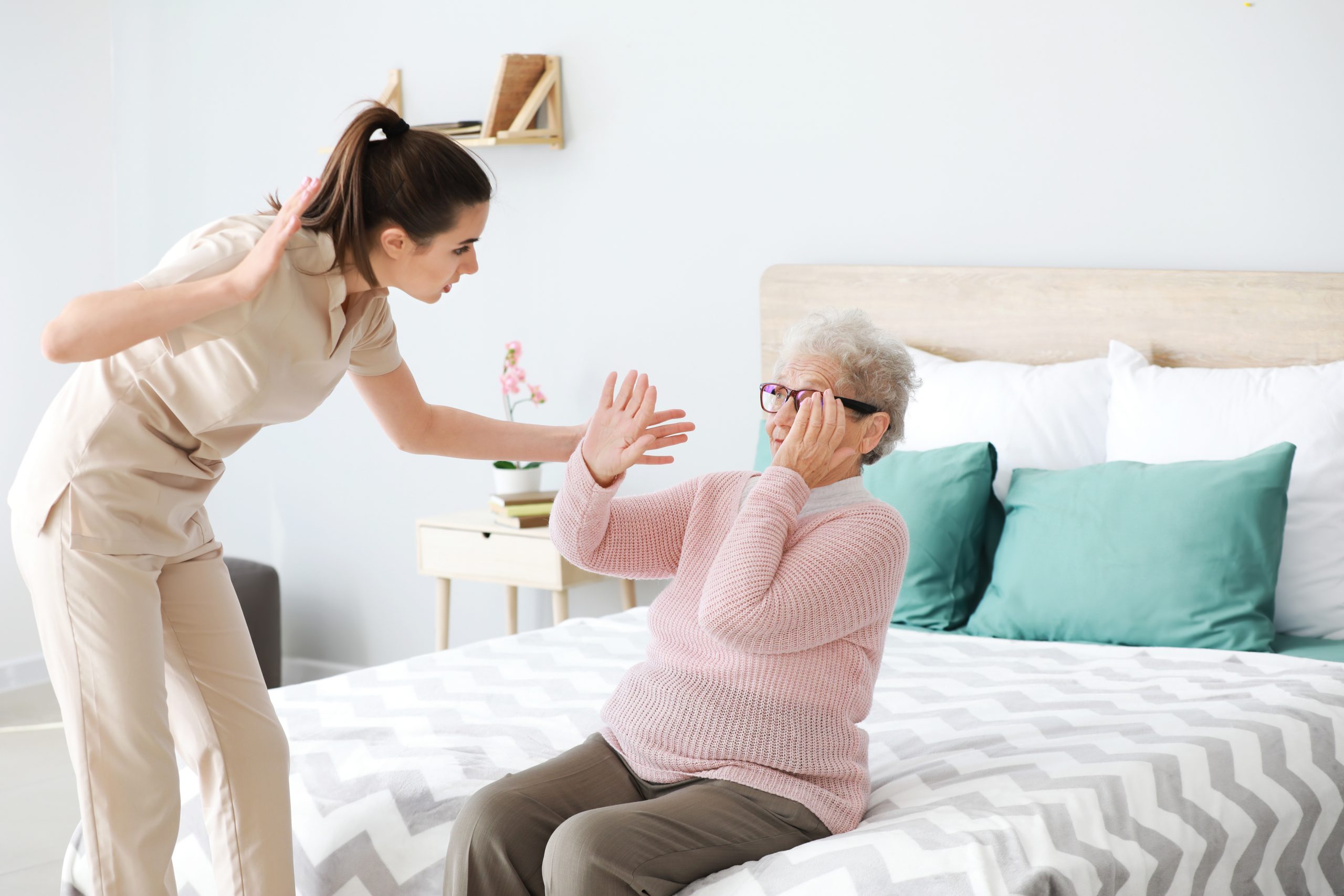Now Reading: What To Do When You’ve Experienced Nursing Home Abuse of A Loved One
-
01
What To Do When You’ve Experienced Nursing Home Abuse of A Loved One

What To Do When You’ve Experienced Nursing Home Abuse of A Loved One
Many families entrust their elderly parents and grandparents in the care of nursing homes or other senior care facilities for bedside, grooming, nutrition, and mobility assistance. However, there are reports and news about cases of nursing home abuse from a few of these facilities.
Nursing home abuse refers to any type of harm to senior residents in nursing homes or other long-term care facilities. It’s a type of personal injury that includes different types of abuse, such as physical injuries, emotional trauma, financial exploitation, and sexual assault. So, what should be your course of action if you suspect nursing home abuse of your loved one?
Show Love and Concern
Seniors usually are afraid to tell anyone that they are being abused. That’s why you should show how much you love and care for your elderly loved ones, even if you’re not physically present. If you suspect nursing home abuse, call your parent or grandparent regularly and record all calls which can be used as evidence.
Seek Legal Advice
Unfortunately, some nursing home staff members harm the elderly that they were supposed to care for and protect through physical violence, financial extortion, emotional harm, or sexual molestation. Residents who suffer from nursing home abuse are badly injured and tend to be emotionally scarred, or in worse cases, suffer death.
From the moment that you suspect nursing home abuse of your loved one, it’s important to seek legal advice immediately. A lawyer specializing in nursing home abuse must be sought, someone who is knowledgeable, trained, and experienced in handling nursing home abuse cases.
Here’s how a nursing home abuse lawyer can help:
- A nursing home abuse lawyer can help you and your family receive financial compensation for the damages caused by the abuse.
- A nursing home abuse lawyer works at a trusted national law firm to help you and your loved one understand your rights and the best course of action.
- A nursing home abuse attorney works on a contingency basis without upfront fees and will get paid once you have secured compensation.
- A nursing home abuse lawyer can handle any nursing home abuse case, including ones involving neglect, physical abuse, financial exploitation, and sexual assault.
Gather Evidence
It’s important to gather evidence of abuse in a nursing home. The most common warning signs of nursing home abuse include bruising, bleeding, bedsores, unusual patient emotions or behaviors, unexplained infections or sickness, and strange financial transactions.
Here are some important things to keep in mind when you suspect nursing home abuse:
- In nursing home abuse, strong evidence is very important for a stronger claim and for immediate action.
- All warning signs must be documented as detailed as possible, including the date, time, and description or statements of the resident.
- Families can document warning signs of nursing home abuse by interviewing the resident and observing behavior.
- It helps if you can take photos or videos of your loved one’s injuries.
- A nursing home lawyer can help record and write statements from witnesses from other residents and healthcare professionals.
Report a Nursing Home Abuse
You don’t have to wait to report nursing home abuse because all healthcare professionals and social workers are required to report such a case. Reporting a nursing home abuse to local authorities by calling 911 is the fastest way to do it. If a senior resident is in a life-threatening situation, the National Center on Elder Abuse or NCEA highly recommend families to call this emergency service.
Here are the other nursing home abuse reporting channels:
- National Center on Elder Abuse or NCEA: It was established in 1988, connecting the elderly population and their families to resources if abuse occurs. This organization provides expert advice in filing reports and conducts research about elder abuse to educate the public.
- Doctors and Other Medical Experts: They can assess the injuries of the senior resident and determine whether they were caused by abuse or accident.
- Long-Term Care Ombudsman: Ombudsmen serve as senior citizen advocates who live in nursing homes, addressing their concerns and complaints with the nursing home staff or facility. Ombudsmen protect residents through administrative or legal action.
- Confidential Reporting: With confidential reporting, a nursing home abuse report remains confidential unless consent is given.
Conclusion
It’s frustrating and sad to find out that your loved one is being abused in a nursing home, which results in great mistrust. If you suspect any form of abuse to your parents or grandparents inside the nursing home, make sure to seek legal help right away, gather as much evidence as you can, and report the incident to the authorities.










